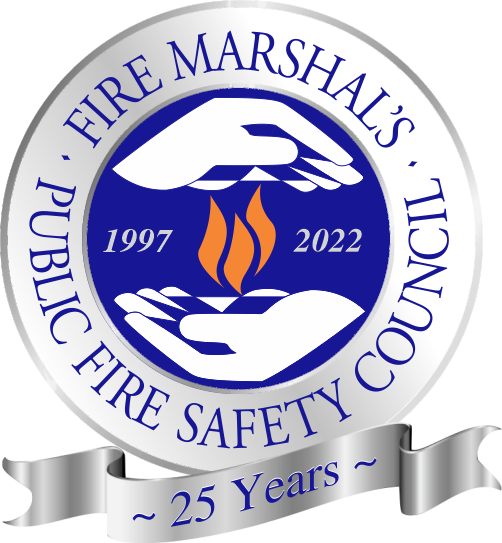A buildup of static electricity can be a considerable hazard, as it can discharge through the air and ignite flammable vapors and dust. NFPA 77: Recommended Practice on Static Electricity provides important information on evaluating and controlling static electric hazards to help protect those working where these hazards might be present.
NFPA 77 offers guidance on how to:
- Eliminate static electric charges by bonding and grounding.
- Manage static electricity where ignitable dusts or vapors are present.
- Manage the flow rates and flow velocities of liquids when they are transferred.
This Recommended Practice covers industries as diverse as chemical processing, petroleum refining, printing, and calendaring. It includes answers to questions about properly bonding and grounding a container, and how to determine whether a static electricity hazard poses a risk.
NFPA 77 has been updated to reflect some important changes:
- It has been completely reorganized by dividing some of the chapters into smaller, more cohesive units.
- In Chapter 5, the descriptions of the mechanisms by which static electric charges are formed have been simplified.
- The section on flexible intermediate bulk containers (FIBCs) has been completely rewritten to comport with international standard IEC 61340-4-4, Standard Test Methods for Specific Applications -- Electrostatic Classification of Flexible Intermediate Bulk Containers.
- The section on static electric hazards in bulk storage tanks has been completely revised to incorporate international standard IEC 60079-32, Explosive Atmospheres -- Part 32.2: Electrostatic Hazards.
To prevent ignition of flammable vapors, dust, and particulates, you'll need to get your hands on the gold standard of static electricity safety. Order NFPA 77 today. (Softbound, 67 pp., 2014)
